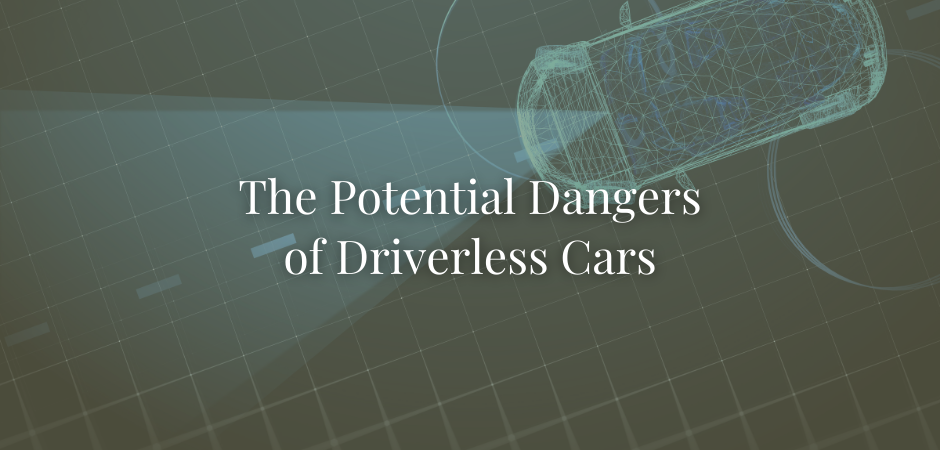Clifford Law Offices wrote an article published in the National Law Review titled, “The Potential Dangers of Driverless Cars,” that examines the potential dangers and common misconceptions of “driverless” car travel, alerting consumers to the legal, technical, and legislative complexities that loom over the industry’s advances.
As our world continues to become more and more reliant on advanced technology, autonomous vehicles present a fascinating new approach to transportation. Nearly all car manufacturers are racing to develop models offering degrees of self-piloting travel that feed the promise of increased safety. Despite optimism from the National Traffic Safety Administration, it may be too early to rely on these vehicles.
The article identifies the dangers of driverless cars as advanced technologies become more popular among car manufacturers and discusses some of the potential dangers that self-driving cars face including:
• False sense of security
• Danger of fire
• Imperfect technology
• Cyberattacks
• Unpredictable real-world driving conditions
One of the most concerning dangers is the lack of regulations that govern self-driving vehicles, including the ability to sidestep some federal crash safety requirements. Currently, there are not many industry standards that deviate from the regulations of conventional vehicles despite tremendous differences in the functionality of fully automated cars. While states are increasingly open to considering additional legislation and regulations, manufacturers like Tesla are not hesitating to send their technology to market.
Currently, there are no fully automated car systems available on the market. The most advanced available technologies offer driver assistance technologies, which still require full attention from the driver. But with the promise of new technology on the horizon, consumer safety must be a top priority.
Read the full article on The Potential Dangers of Driverless Cars in the National Law Review.

